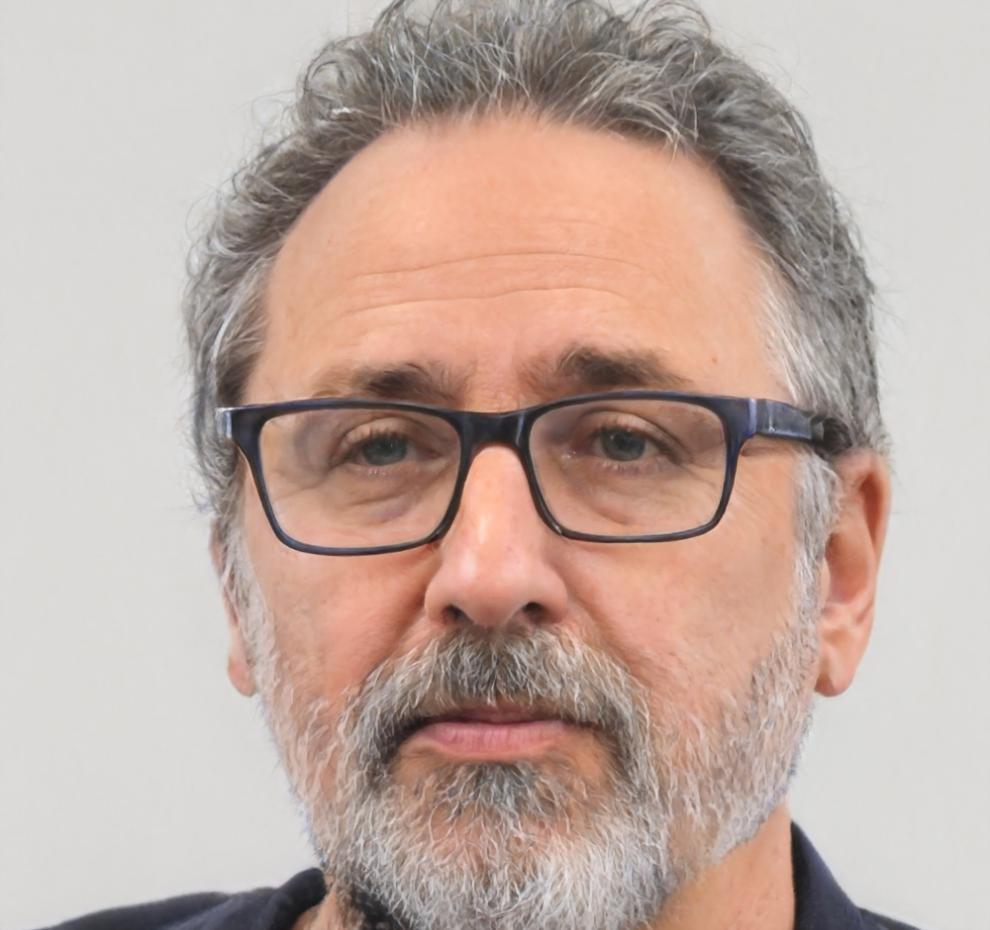Built on Values That Matter
At Qyxent Mindwave, we believe game development education should be accessible, supportive, and transformative. Our mission centers on empowering beginners with not just technical skills, but the confidence and community they need to succeed.
Our Core Values in Action
These aren't just words on a wall. They're the principles that guide every decision we make, every course we create, and every interaction we have with our community.
Inclusive Learning
We design our programs for complete beginners, regardless of their technical background or previous experience. No one gets left behind in our community.
Practical Application
Every lesson connects directly to real-world game development scenarios. Students build actual games they can share and be proud of.
Supportive Community
Learning game development can feel overwhelming. We've built a culture where questions are welcomed, mistakes are learning opportunities, and everyone supports each other's growth.
How We Work and Why It Matters
Our approach to game development education reflects our belief that learning should be engaging, collaborative, and personally meaningful. We've spent years refining our methods based on what actually works for beginners.
When someone joins our community, they're not just enrolling in courses—they're becoming part of a supportive network that celebrates small wins, provides help during challenges, and fosters genuine creativity.
- Small class sizes ensure personalized attention and feedback
- Project-based learning with games students actually want to create
- Regular check-ins and progress celebrations
- Flexible pacing that respects different learning styles
- Industry insights from working game developers
We've found that when students feel genuinely supported and see their ideas come to life, they develop not just technical skills but the creative confidence that makes great game developers.

Our Teaching Philosophy

Education That Transforms
After spending eight years in commercial game development and watching countless talented people struggle with traditional learning approaches, I founded Qyxent Mindwave with a simple conviction: anyone can learn to create games if they have the right support and structure.
Too many educational programs focus on theory without connection to real creation. We do the opposite. Students build actual games from day one, learning concepts as they need them to solve real problems they encounter in their projects.
Our curriculum evolves constantly based on industry changes and student feedback. We've learned that sustainable learning requires balancing challenge with support, creativity with structure, and individual growth with community connection.
What makes me most proud isn't just the games our students create—it's watching someone who thought they "weren't technical enough" successfully publish their first game and realize they're capable of more than they imagined.